ABOUT US ❯ History
OUR LEGACY
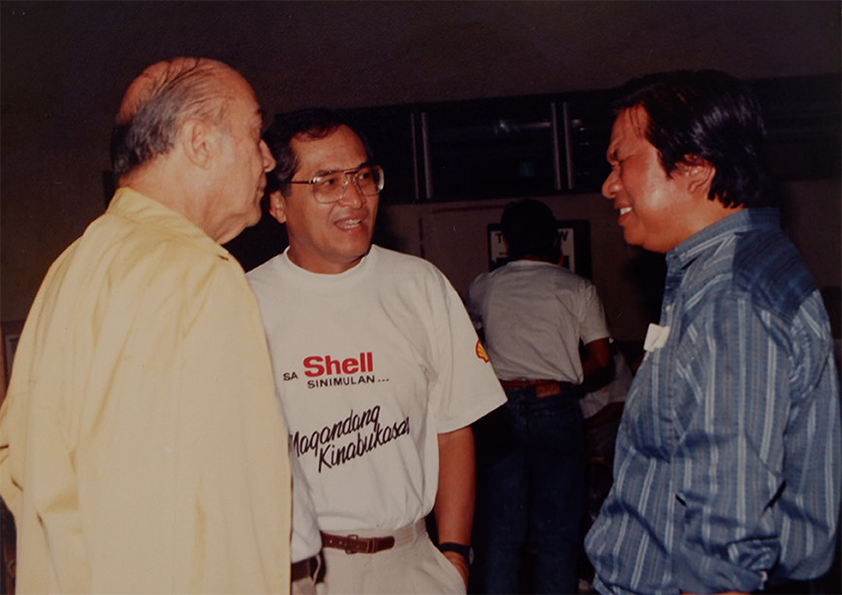
After being part of the Philippine Business for Social Progress (PBSP) for 10 years, Cesar Buenaventura, the first Filipino
CEO and Chairman of Shell companies in the Philippines, established Pilipinas Shell Foundation, Inc. (PSFI) on August 19,1982,
marking the beginning of Shell’s commitment to empower communities and fuel progress for the Filipino.
“As they say, don’t give a man a fish; teach him how to fish.
That was the main thrust.”
– CESAR BUENAVENTURA
Founder of PSFI and first Filipino CEO and Chairman of Shell companies in the Philippines
Honoring the Life and Legacy of Cesar A. Buenaventura

On 18 February 2026, the Board of Trustees of Pilipinas Shell Foundation, Inc. formally adopted Board Resolution No. 1, Series of 2026, honoring the life, leadership, and enduring legacy of Cesar A. Buenaventura, fondly known as “CAB,” our Founding Chairman, who passed away on 10 December 2025.
More than a leader, Mr. Buenaventura was a builder of people and possibilities. His vision was clear and steadfast: communities must not simply receive assistance, but must be equipped with the tools, skills, and confidence to shape their own futures. This philosophy became the bedrock upon which PSFI was founded and continues to guide its work today.
With integrity and quiet strength, he laid the foundations of an institution designed to endure beyond individuals and generations. He believed in systems that uplift, partnerships that empower, and leadership anchored in service. Under his guidance, PSFI grew not only in programs, but in purpose.
His wisdom, humility, and generosity of spirit guided generations of trustees, officers, and staff. Those who worked with him recall his clarity of thought, deep sense of responsibility, and unwavering commitment to doing what was right for communities. His influence continues to shape the Foundation’s culture and aspirations.
The Board and Staff of PSFI acknowledge that his passing is a profound loss not only to the organization he helped establish, but also to the broader community and nation he served with distinction. Through Board Resolution No. 1, Series of 2026, the Foundation formally records its enduring respect, gratitude, and remembrance in its official history.
As PSFI continues its mission of empowering communities through education, enterprise development, health, and resilience initiatives, we carry forward the principles he embodied: integrity in action, service before self, and empowerment over charity.
His legacy lives on in every scholar supported, every enterprise strengthened, and every community that stands more resilient because of the Foundation he helped build.
THE EARLY YEARS
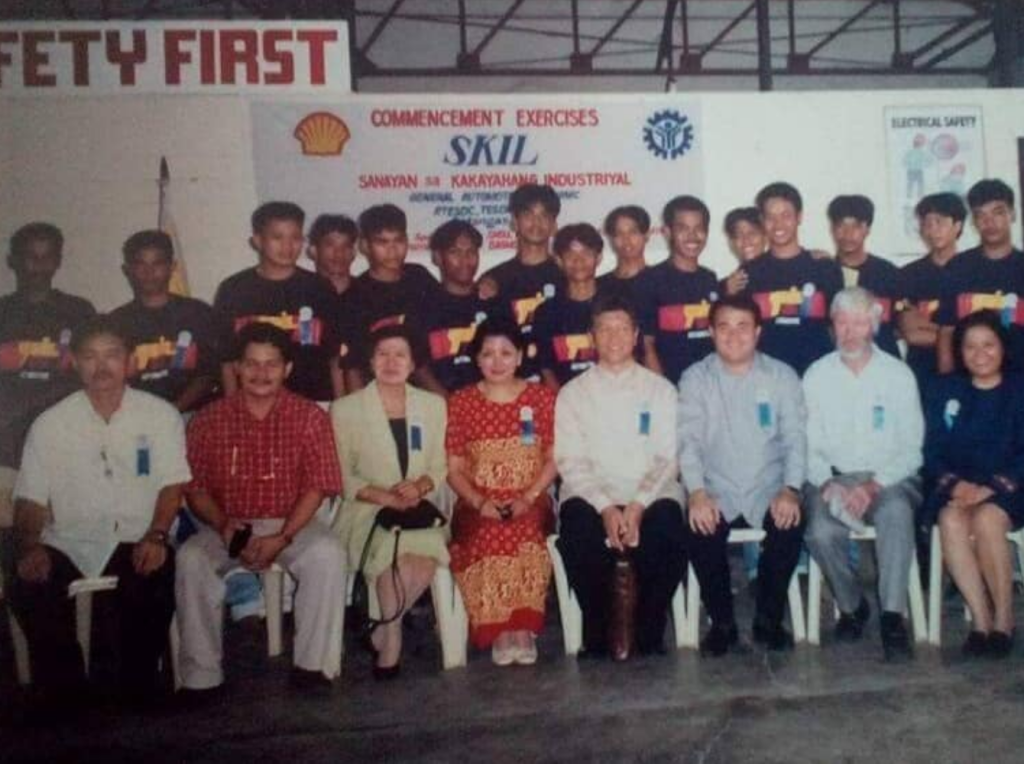
The development of programmes
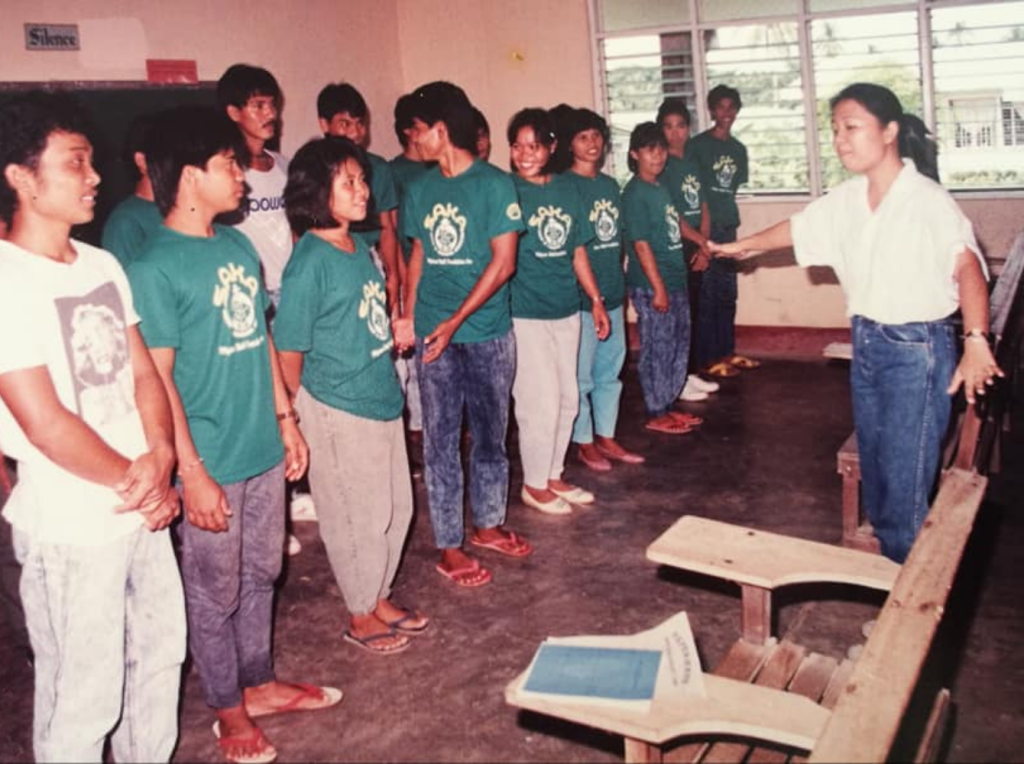
As the years passed, PSFI expanded its reach by offering technical-vocational scholarships to forecourt attendants (through Gas Mo, Bukas Ko) and dependents of public transport drivers (through Unlad sa Pasada). Remarking on the performance of the scholars, Buenaventura thought they were fairly successful: “We found jobs for them and they eventually rose through the ranks. Some of them even became managers.” And because Shell believes in holistic development, they also underwent values formation sessions through the Leadership Enhancement and Attitude Development Workshop.
As PSFI continued its mission of enabling the disadvantaged to become productive and responsible members of society, it went on to improve more lives in the surrounding neighbourhood where Shell’s depots and installations are located. This extended PSFI’s mission from the individual level to the community. When Shell Philippines Exploration B.V. started the Malampaya Deep Water Gas-to-Power Project northwest of Palawan in the ‘90s, PSFI found out malaria was endemic in the province; this drove the foundation to get into health through the Kilusan Ligtas Malaria programme, now known as Movement Against Malaria. As Buenaventura recalled, “It was a small pilot project fully funded by the Malampaya joint venture partners and the foundation. It involved working with the local government and the local health office. It became so successful that it came into the attention of The Global Fund to Fight AIDS, Tuberculosis, and Malaria, which then brought us to the big leagues.” MAM has been a successful programme that we should be very proud of. It has expanded its coverage from 5 to 40 endemic provinces by 2010 and due to favourable results, decreased to 13 by 2015. Moreover, the sustained private-public partnership in malaria control resulted in an 87% reduction in the total number of cases and 96% reduction in deaths due to malaria in the country in 2022 compared to the 2003 baseline. The programme also contributed to the Philippines achieving the Millennium Development Goal 2015 target for malaria as early as 2008. “Now, our target is to be a malaria-free country by 2030; it’s ambitious, but hopefully, we’ll be able to achieve it,” said Buenaventura.
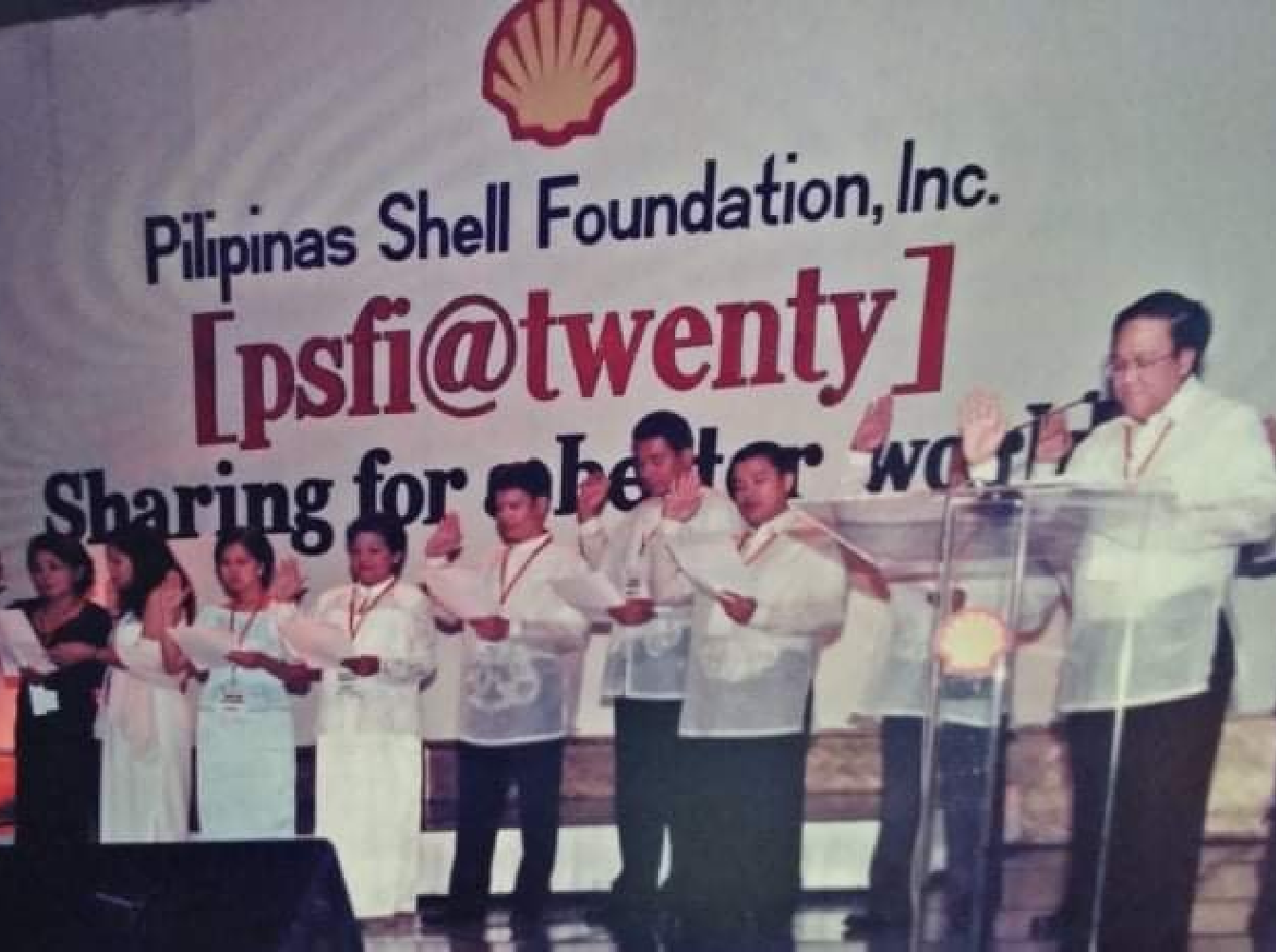
The commitment to sustainable development
Through its various programmes all over the Philippines, PSFI has also contributed in achieving the United Nations Sustainable Development Goals adopted by world leaders in September 2015.
To date, PSFI has touched more than 15 million lives. However, its mission is far from over. There are more needs to address, more partnerships to forge, and more lives to improve.
![-[92-01] 40th Hybrid - BB Standard Photos 7SAKA](https://pilipinasshellfoundation.org/wp-content/uploads/2023/07/92-01-40th-Hybrid-BB-Standard-Photos-7SAKA.jpg)
![-[82-91] 40th Hybrid - BB Other Photos 19LIKHA](https://pilipinasshellfoundation.org/wp-content/uploads/2023/07/82-91-40th-Hybrid-BB-Other-Photos-19LIKHA-scaled.jpg)
![-[92-01] 40th Hybrid - BB Blowup Photos 8OSCAR](https://pilipinasshellfoundation.org/wp-content/uploads/2023/07/92-01-40th-Hybrid-BB-Blowup-Photos-8OSCAR-scaled.jpg)
![-[92-01] 40th Hybrid - BB Blowup Photos 11SIPAG](https://pilipinasshellfoundation.org/wp-content/uploads/2023/07/92-01-40th-Hybrid-BB-Blowup-Photos-11SIPAG-scaled.jpg)
![-[92-01] 40th Hybrid - BB Blowup Photos 13STF](https://pilipinasshellfoundation.org/wp-content/uploads/2023/07/92-01-40th-Hybrid-BB-Blowup-Photos-13STF-scaled.jpg)
![-[92-01] 40th Hybrid - BB Blowup Photos 15OJS](https://pilipinasshellfoundation.org/wp-content/uploads/2023/07/92-01-40th-Hybrid-BB-Blowup-Photos-15OJS-scaled.jpg)
![-[92-01] 40th Hybrid - BB Standard Photos 1IFBS](https://pilipinasshellfoundation.org/wp-content/uploads/2023/07/92-01-40th-Hybrid-BB-Standard-Photos-1IFBS.jpg)
![-[92-01] 40th Hybrid - BB Standard Photos 10ANNIV](https://pilipinasshellfoundation.org/wp-content/uploads/2023/07/92-01-40th-Hybrid-BB-Standard-Photos-10ANNIV.jpg)
![-[92-01] 40th Hybrid - BB Standard Photos 11PUNLAAN](https://pilipinasshellfoundation.org/wp-content/uploads/2023/07/92-01-40th-Hybrid-BB-Standard-Photos-11PUNLAAN.jpg)
![-[92-01] 40th Hybrid - BB Standard Photos 12PUNLAAN](https://pilipinasshellfoundation.org/wp-content/uploads/2023/07/92-01-40th-Hybrid-BB-Standard-Photos-12PUNLAAN.jpg)
1982-1992
1982: PSFI was established.
PSFI undertook the development of five (5) programs together with the industrial and business sectors.
- Sanayan sa Kakayahang Industriyal (SKIL) – focused on training out-of-school youth
- Sanayan sa Kakayahang Agrikultura (SAKA) – agriculture-focused endeavor
- Shell Training Farm (STF) – teaching of innovative sustainable farming technologies
- Outstanding Junior Scientist (OJS) – youth development in science
- Integrated Farming Systems (now Integrated Farming Bio-systems or IFBS)
![-[82-91] 40th Hybrid - BB Blowup Photos 5SAKA](https://pilipinasshellfoundation.org/wp-content/uploads/2023/07/82-91-40th-Hybrid-BB-Blowup-Photos-5SAKA-scaled.jpg)
![-[82-91] 40th Hybrid - BB Blowup Photos 3SKIL](https://pilipinasshellfoundation.org/wp-content/uploads/2023/07/82-91-40th-Hybrid-BB-Blowup-Photos-3SKIL-scaled.jpg)
![-[82-91] 40th Hybrid - BB Blowup Photos 14LIKHA](https://pilipinasshellfoundation.org/wp-content/uploads/2023/07/82-91-40th-Hybrid-BB-Blowup-Photos-14LIKHA-scaled.jpg)
![-[82-91] 40th Hybrid - BB Blowup Photos 7PAC](https://pilipinasshellfoundation.org/wp-content/uploads/2023/07/82-91-40th-Hybrid-BB-Blowup-Photos-7PAC-scaled.jpg)
![-[82-91] 40th Hybrid - BB Blowup Photos 9ANNIV](https://pilipinasshellfoundation.org/wp-content/uploads/2023/07/82-91-40th-Hybrid-BB-Blowup-Photos-9ANNIV-scaled.jpg)
![-[82-91] 40th Hybrid - BB Blowup Photos 12NEGROS](https://pilipinasshellfoundation.org/wp-content/uploads/2023/07/82-91-40th-Hybrid-BB-Blowup-Photos-12NEGROS-scaled.jpg)
![-[82-91] 40th Hybrid - BB Other Photos 2CAB](https://pilipinasshellfoundation.org/wp-content/uploads/2023/07/82-91-40th-Hybrid-BB-Other-Photos-2CAB-scaled.jpg)
![-[82-91] 40th Hybrid - BB Other Photos 21OJS](https://pilipinasshellfoundation.org/wp-content/uploads/2023/07/82-91-40th-Hybrid-BB-Other-Photos-21OJS-scaled.jpg)
![-[82-91] 40th Hybrid - BB Other Photos 30MALITAM](https://pilipinasshellfoundation.org/wp-content/uploads/2023/07/82-91-40th-Hybrid-BB-Other-Photos-30MALITAM.jpg)
1992-2002
PSFI continued its pioneer proiects such as SKIL, and SAKA, adding other programs which responded to issues of the period. PSFI developed individuals with the right work ethic to help power the economy, then transitioned to providing even more sustainable livelihoods and responding to social issues on health, safety, environment, employment and income
generation, and education.
- 1991: PSFI responded to lahar victims of the Mt. Pinatubo eruption through Sanayan Pangindustriyal at Kabuhayan Angkap sa Pinatubo.
- 1994: Sanayan sa Kakayahang Pangangalakal (SKP), an entrepreneurial skills training program, was established to promote self-employment among community members by gaining skills and knowledge on starting, managing, and sustaining enter rises.
- 1999: Kilusan Ligtas Malaria (KLM) was launched in Palawan to address the widespread misconceptions about Malaria and the lack of essential healthcare services in the province.
- 1999: Suporta sa Buhay (SUHAY), a microfinance program aimed at assisting community micro-entrepreneurs in augmenting their capital needs for their businesses, was established.
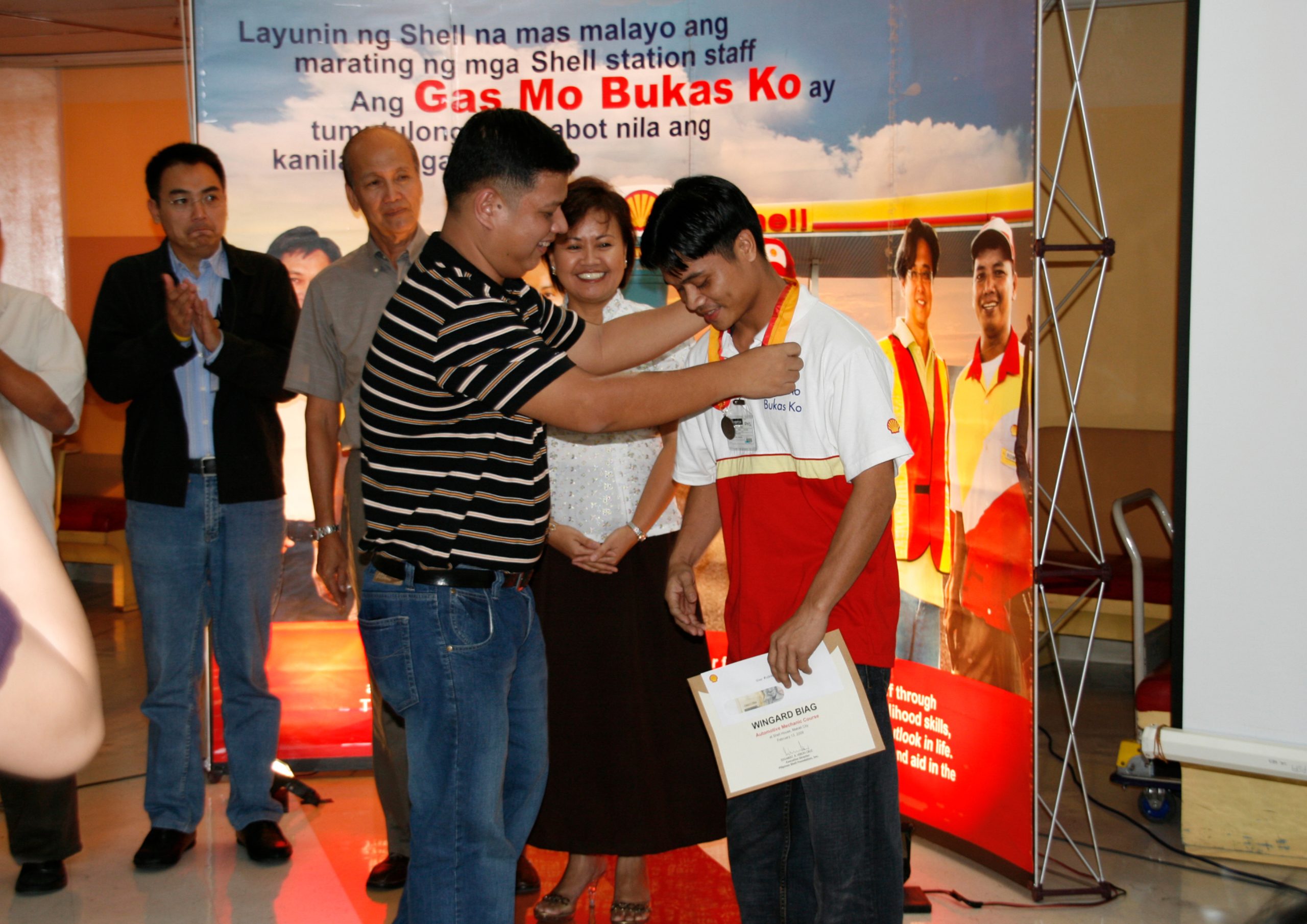
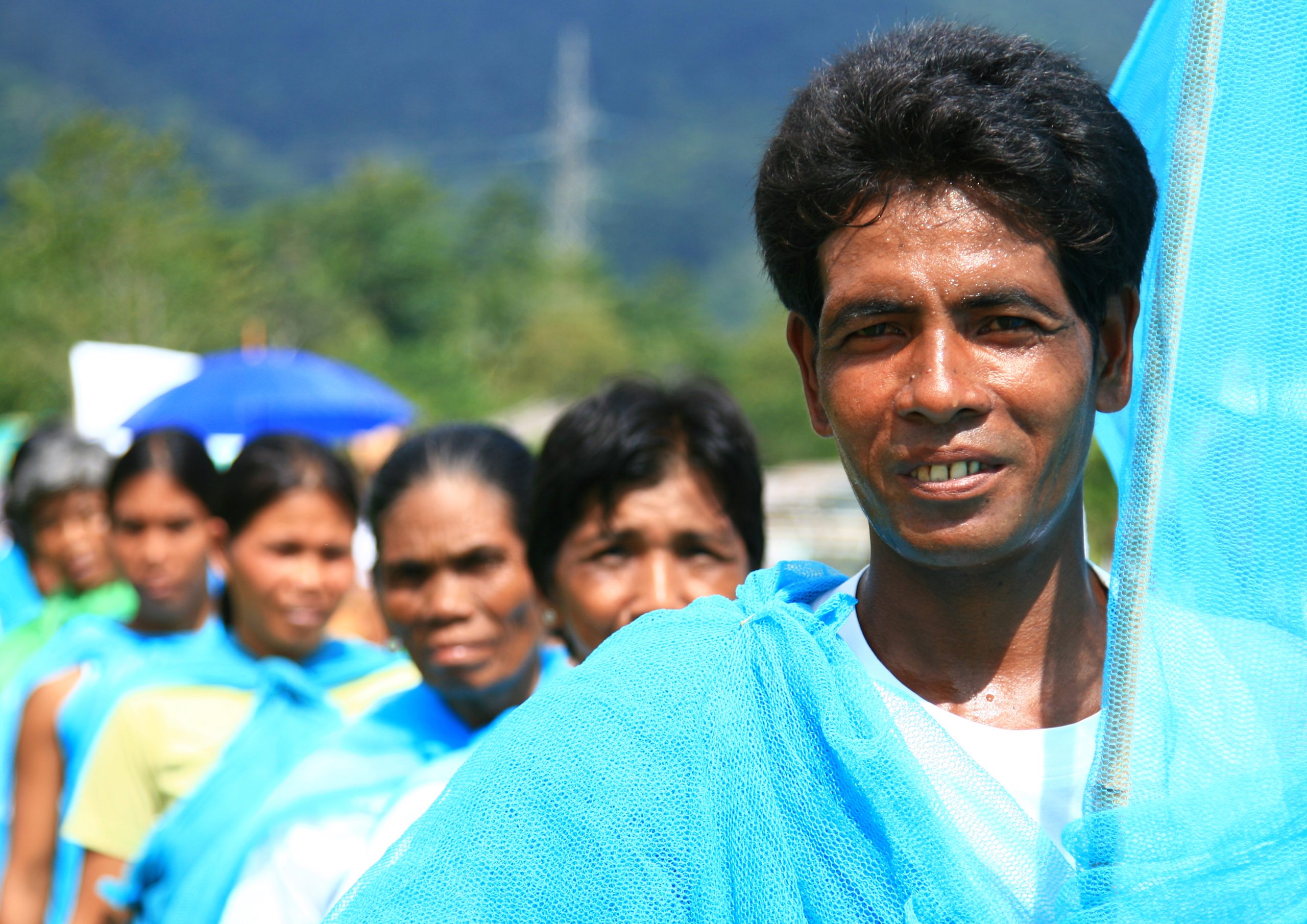
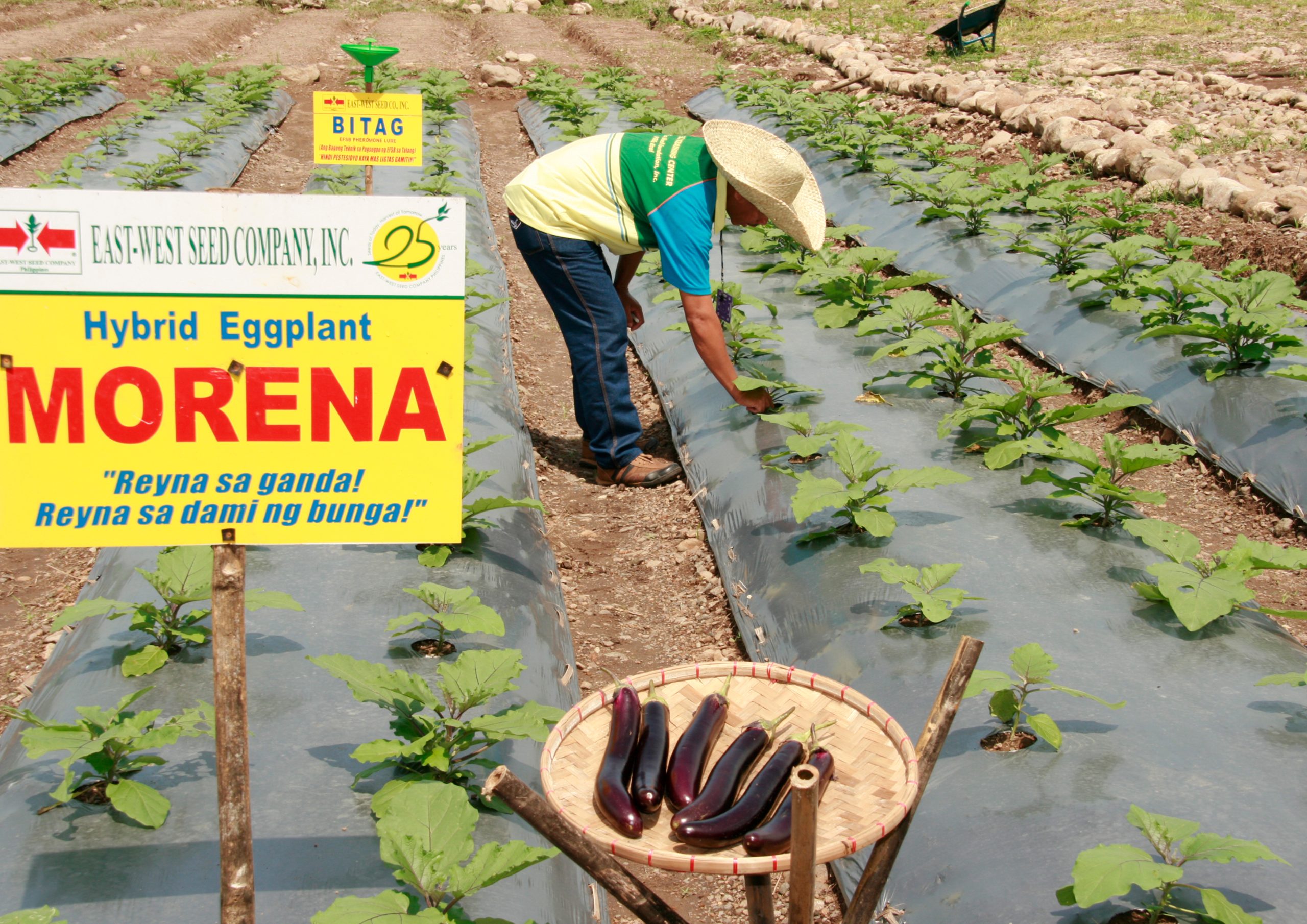
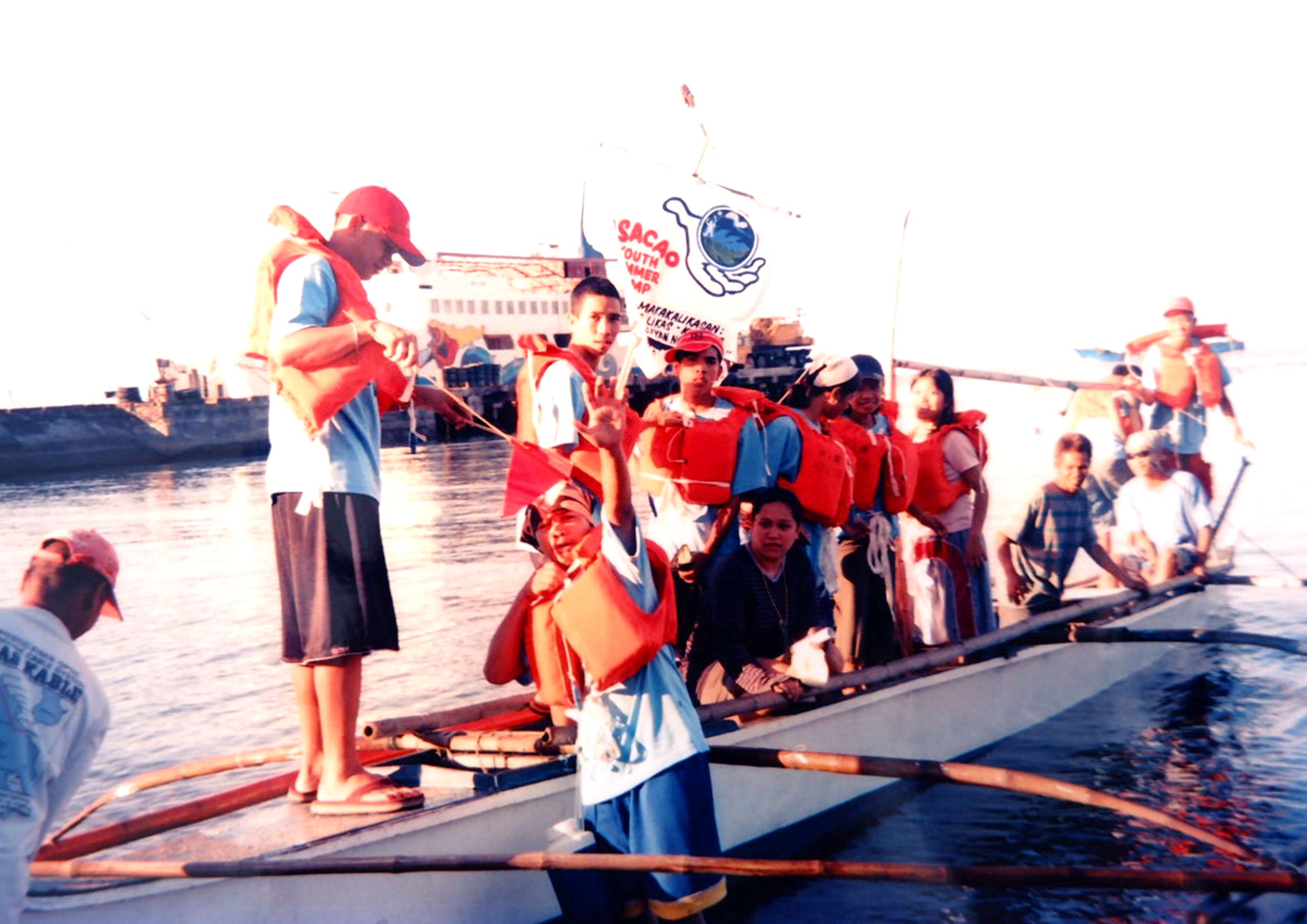
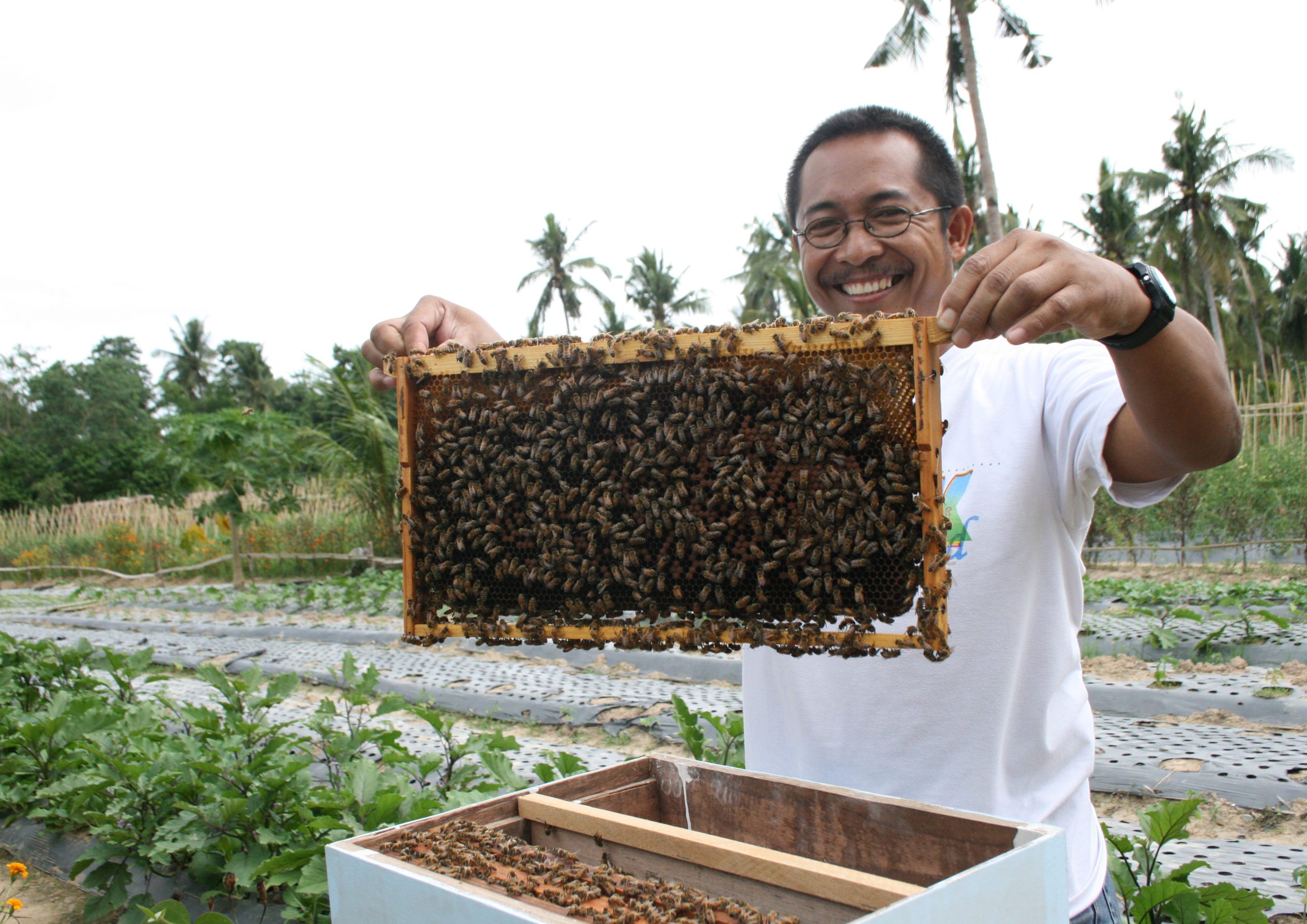
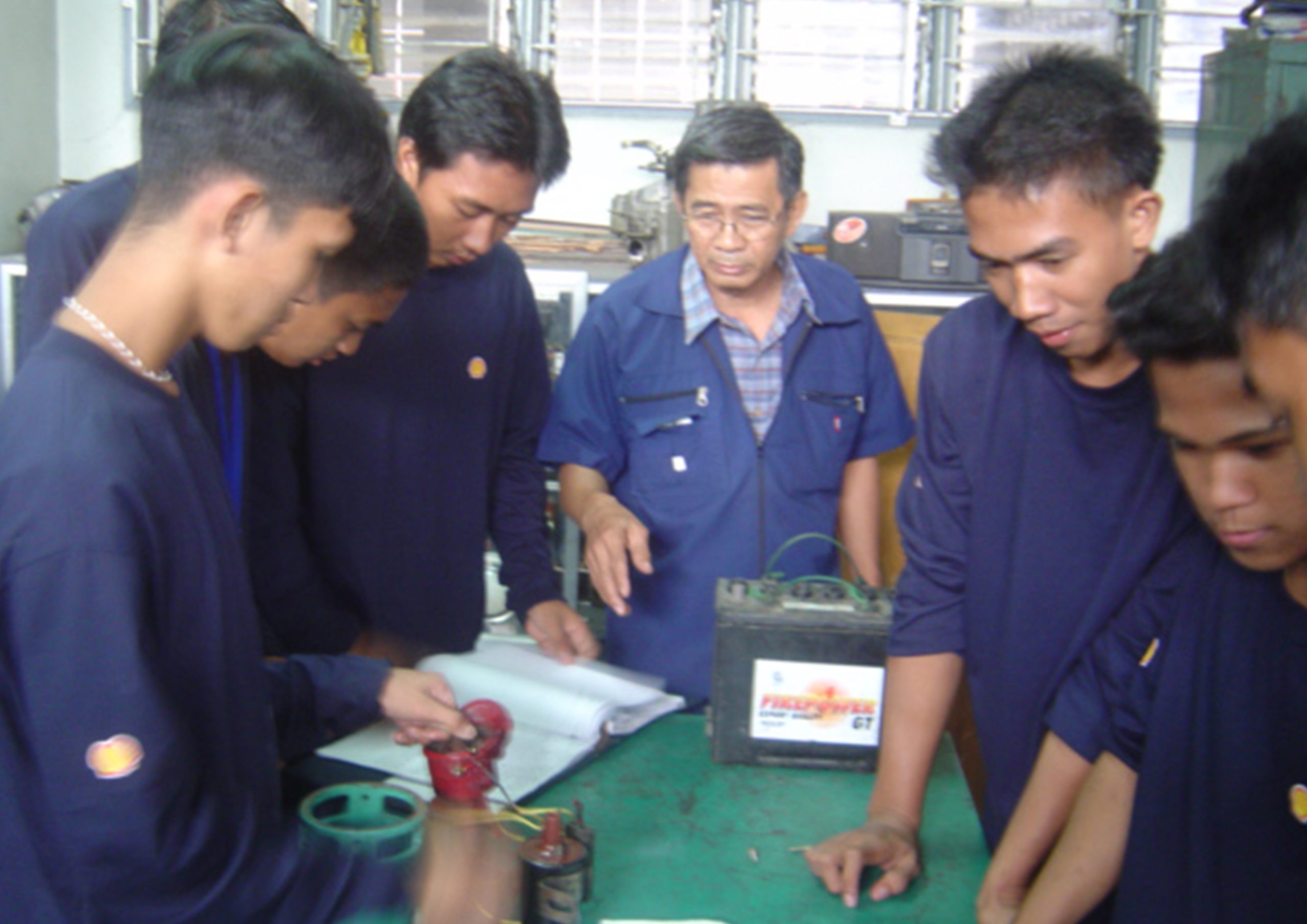
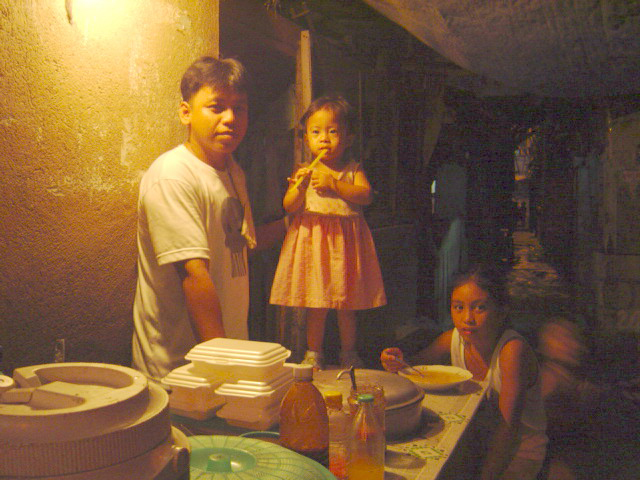
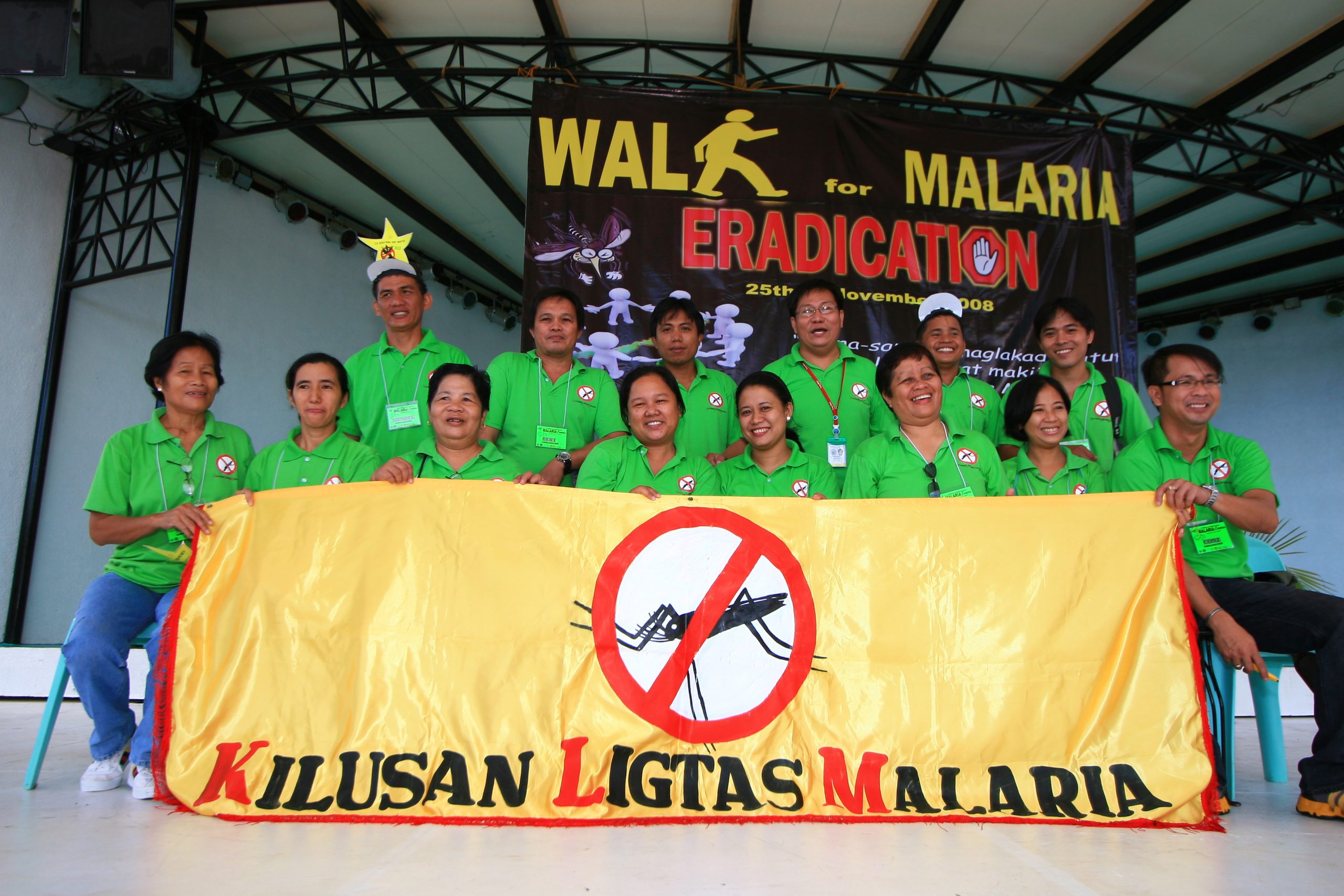
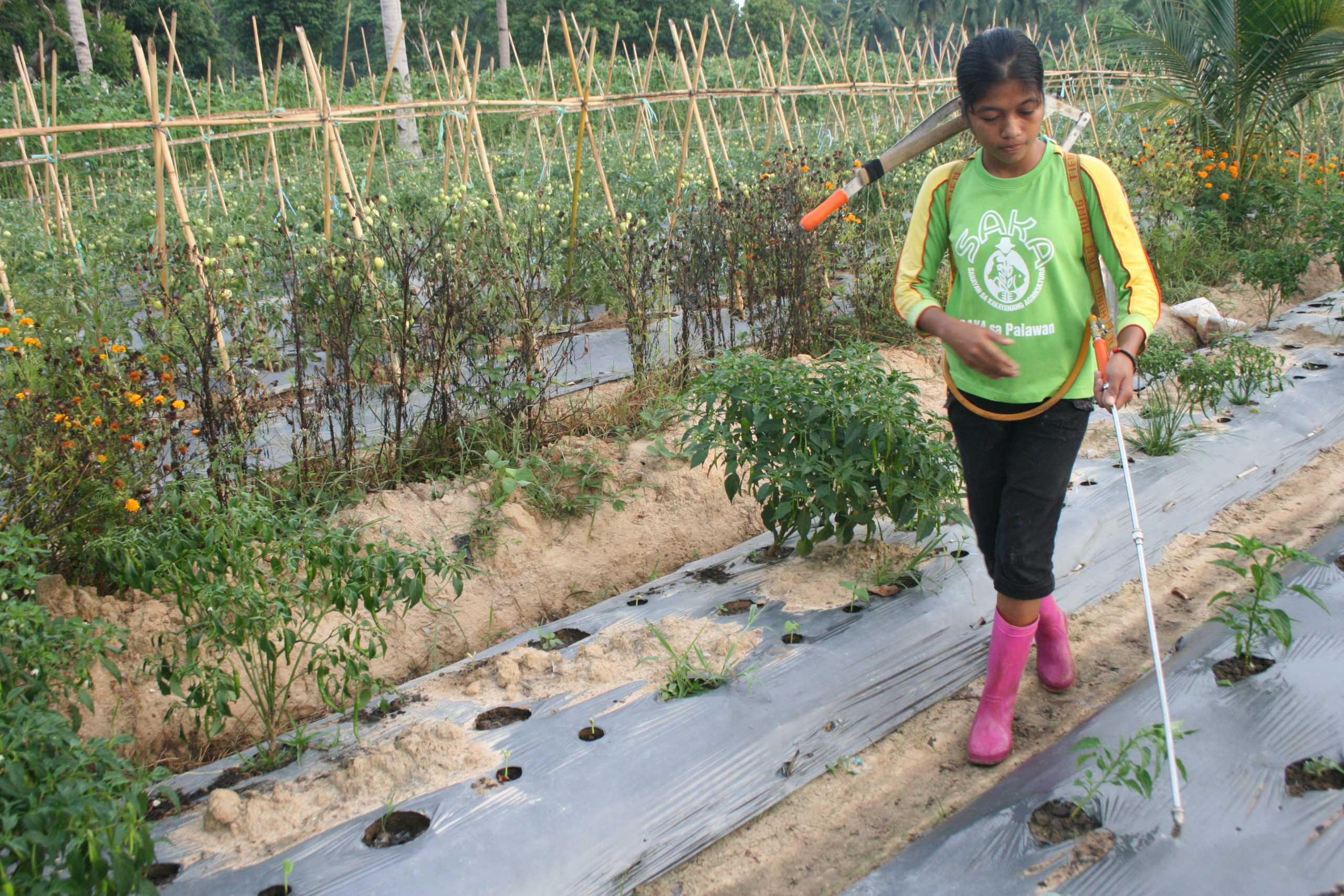
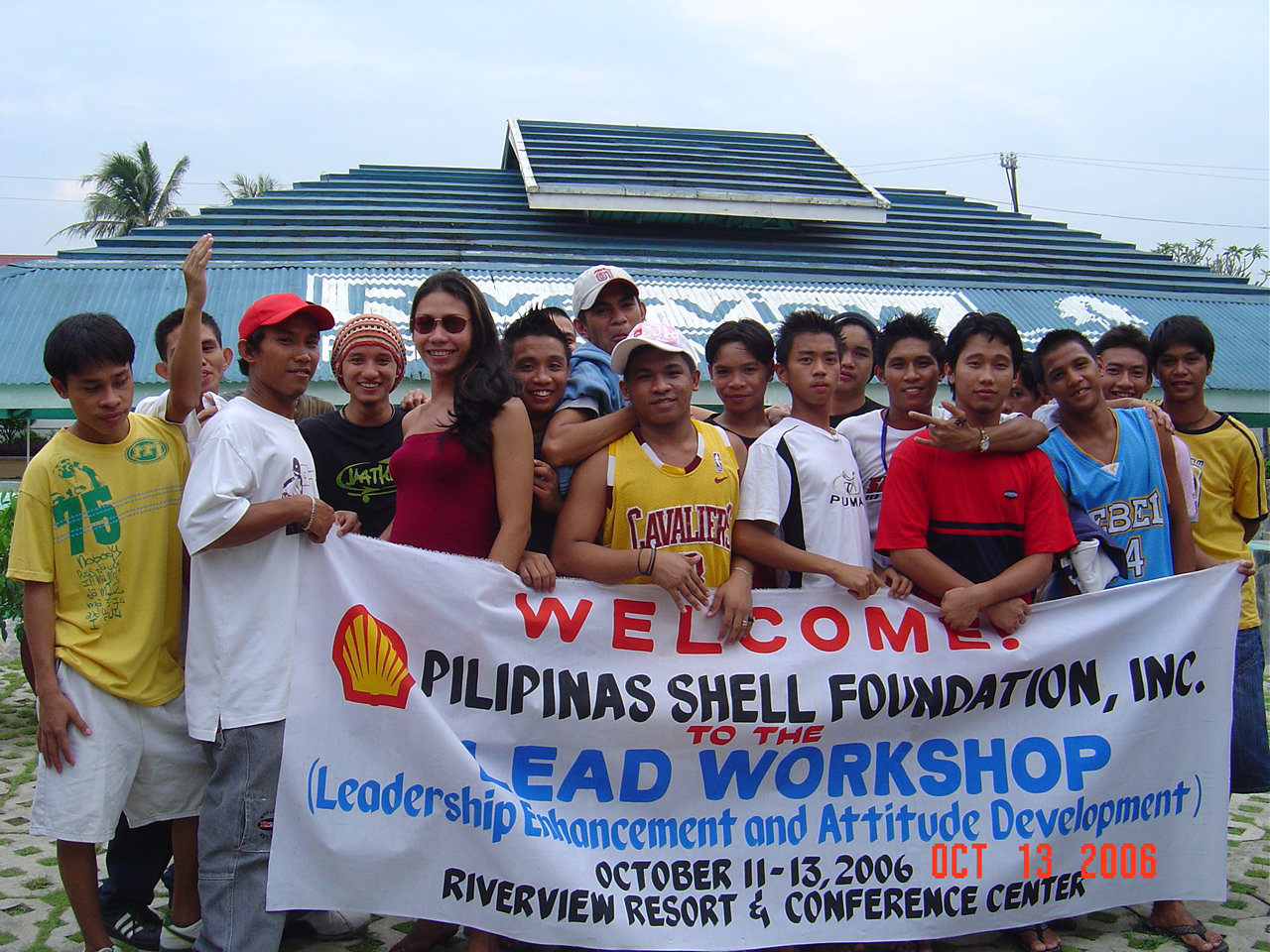
2002-2012
Continuing to play an active role in nation-building under Shell companies of the Philippines (SciP), PSFI expanded with partners such as Malampaya Joint Venture Partners, Quezon Power Limited, and Mirant Philippines Foundation.
- 2006: KLM evolved to become the Movement Against Malaria (MAM) after being awarded a US$14.3M grant from the Global Fund.
- 2007: Gas Mo, Bukas Ko, a capacity building and skills training program for Shell retail personnel, was launched.
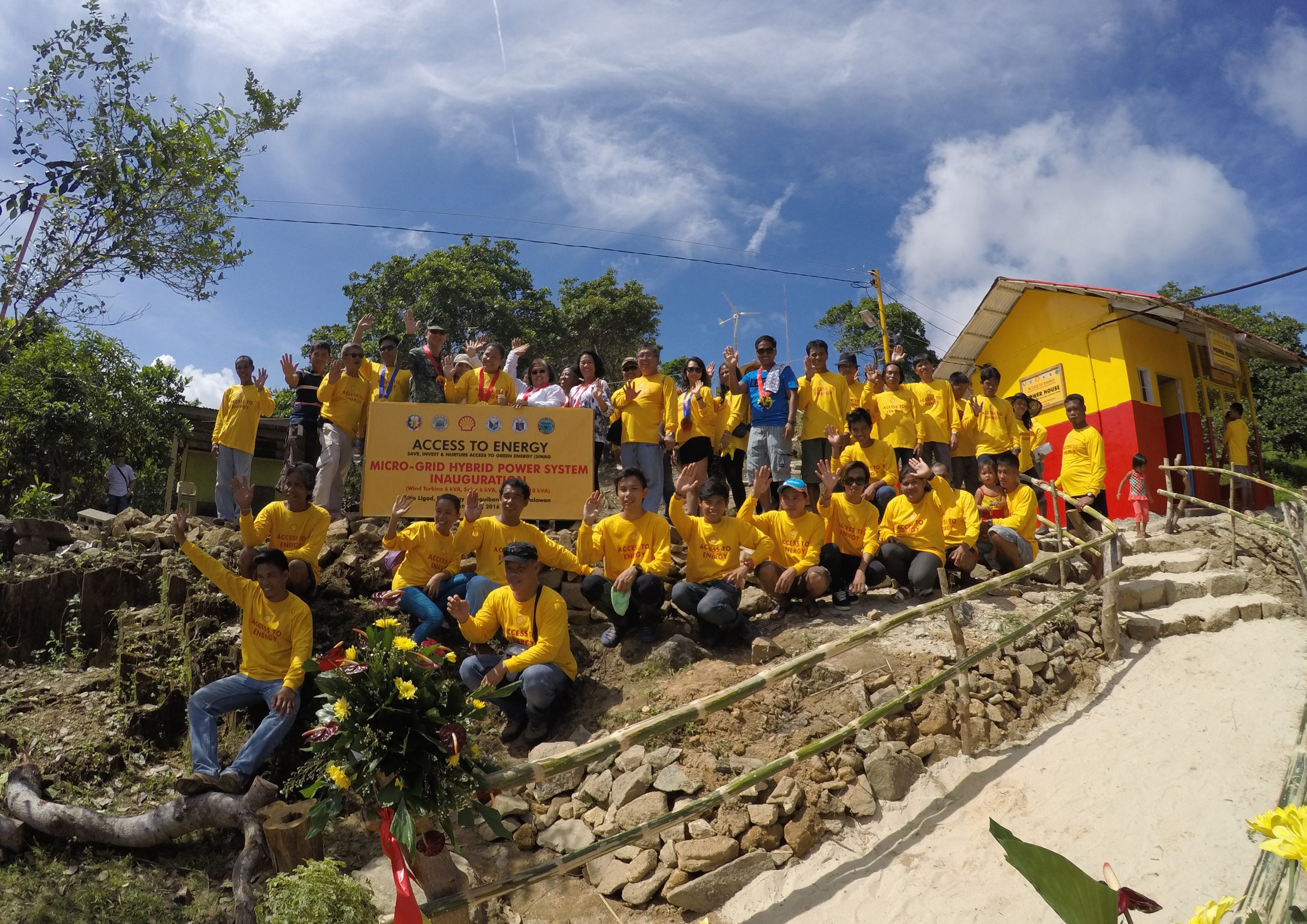
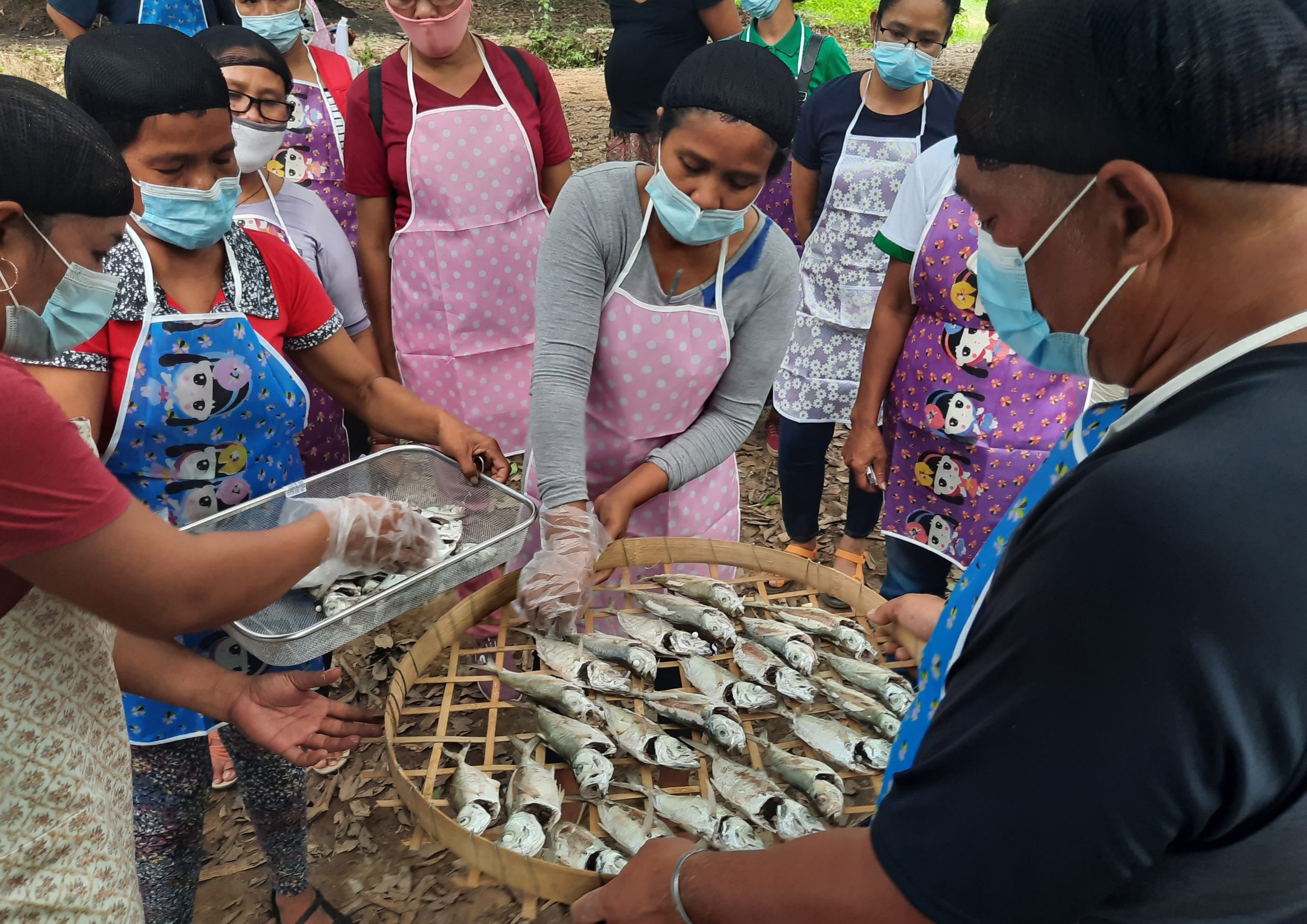
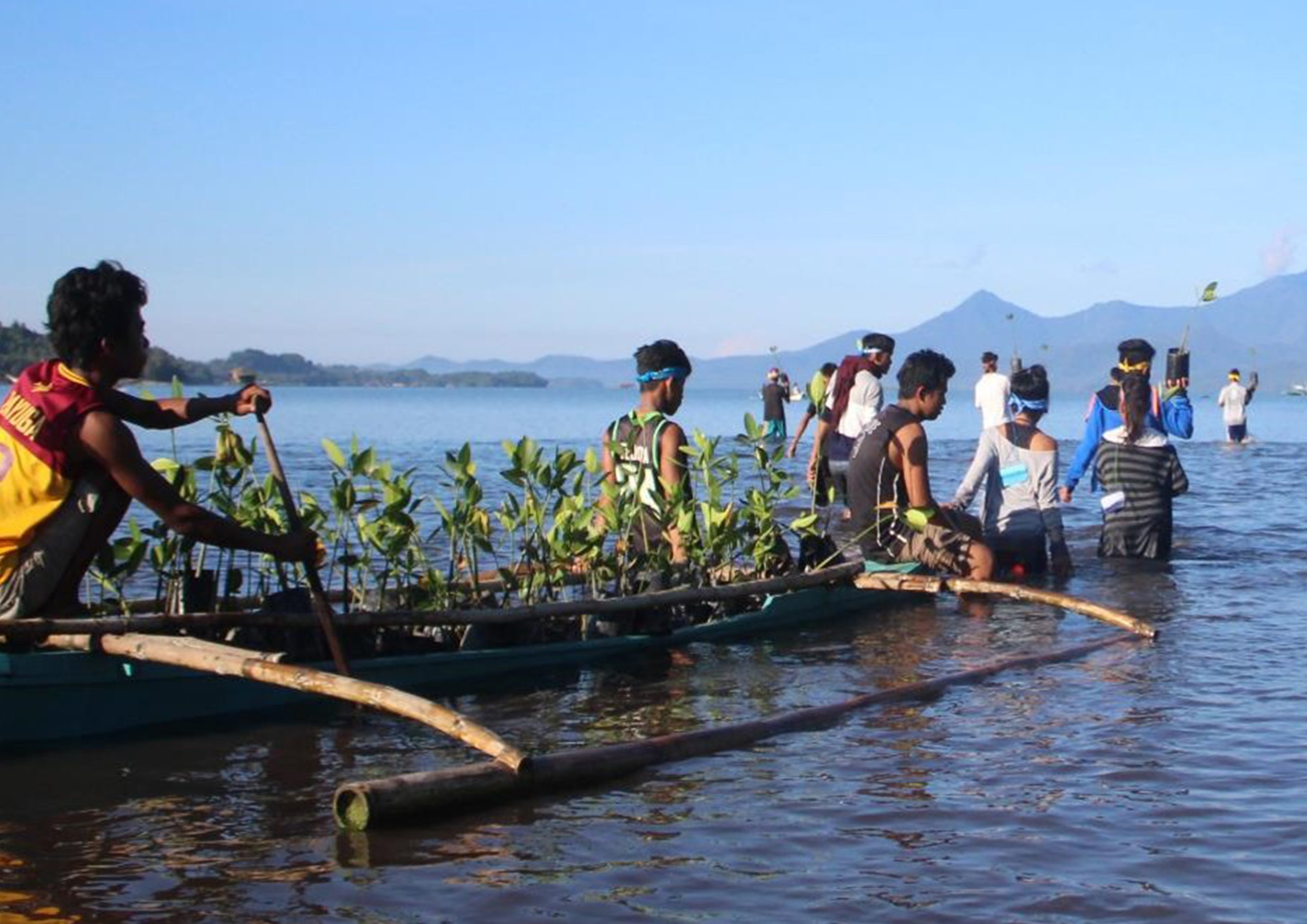
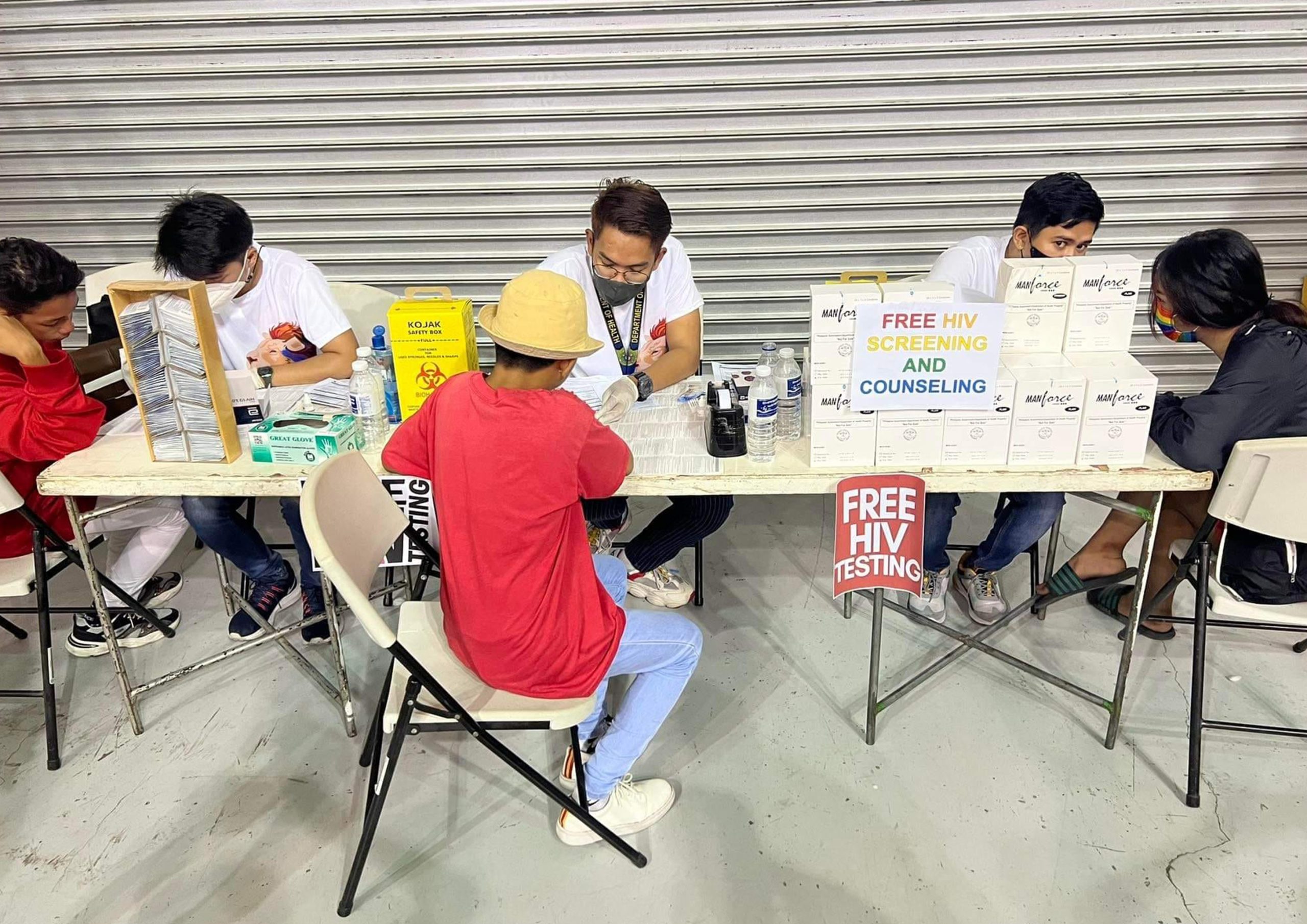
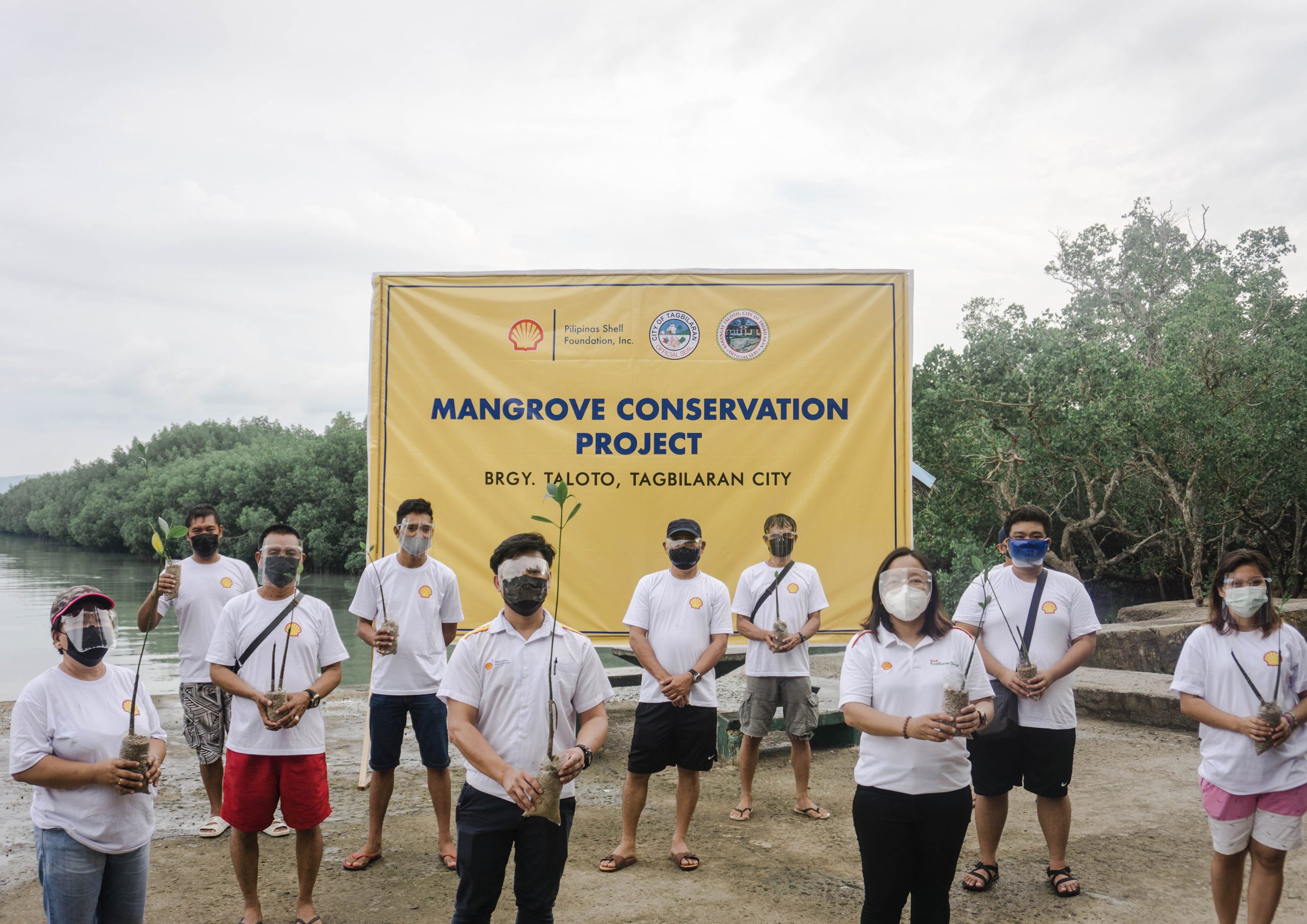
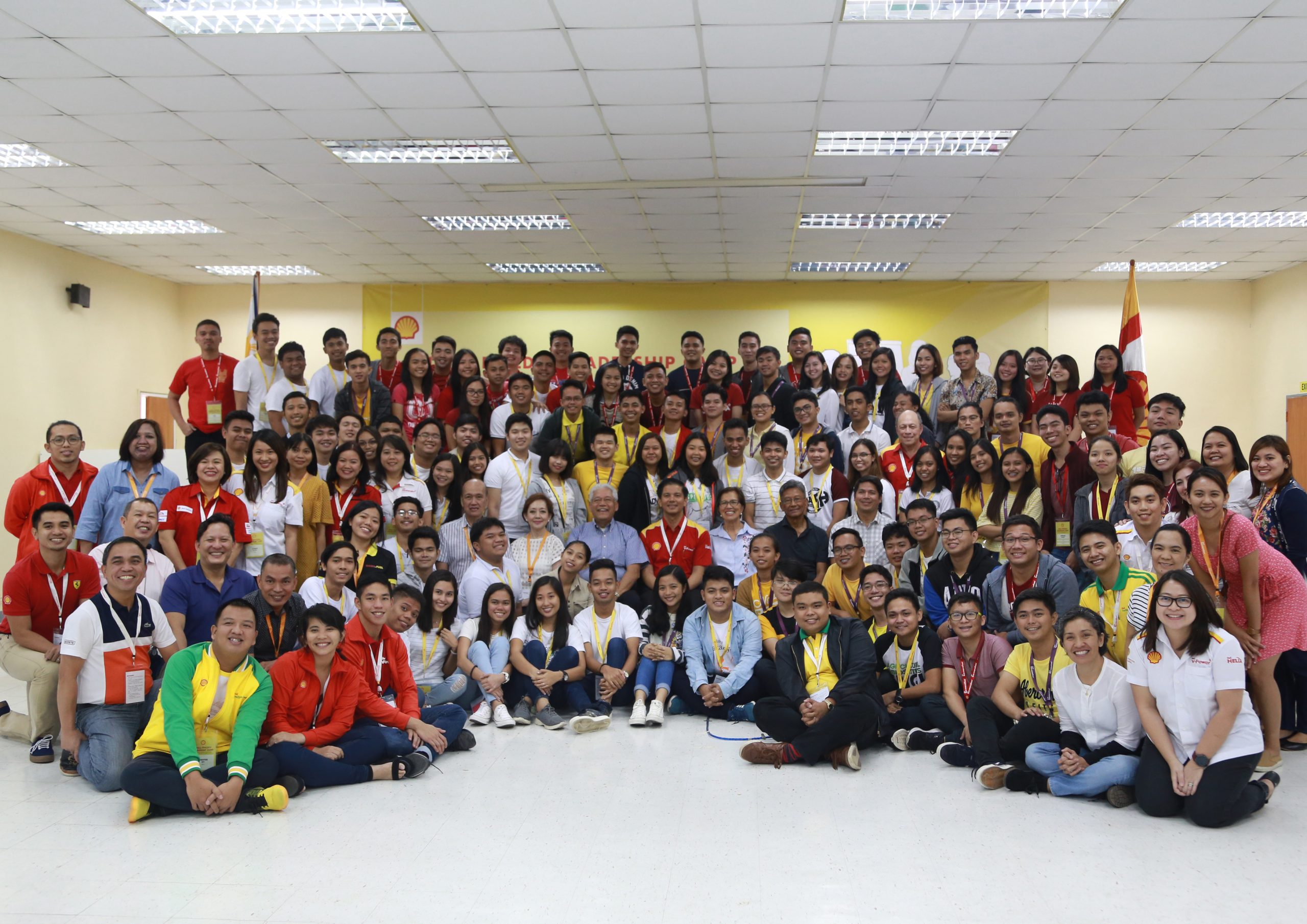
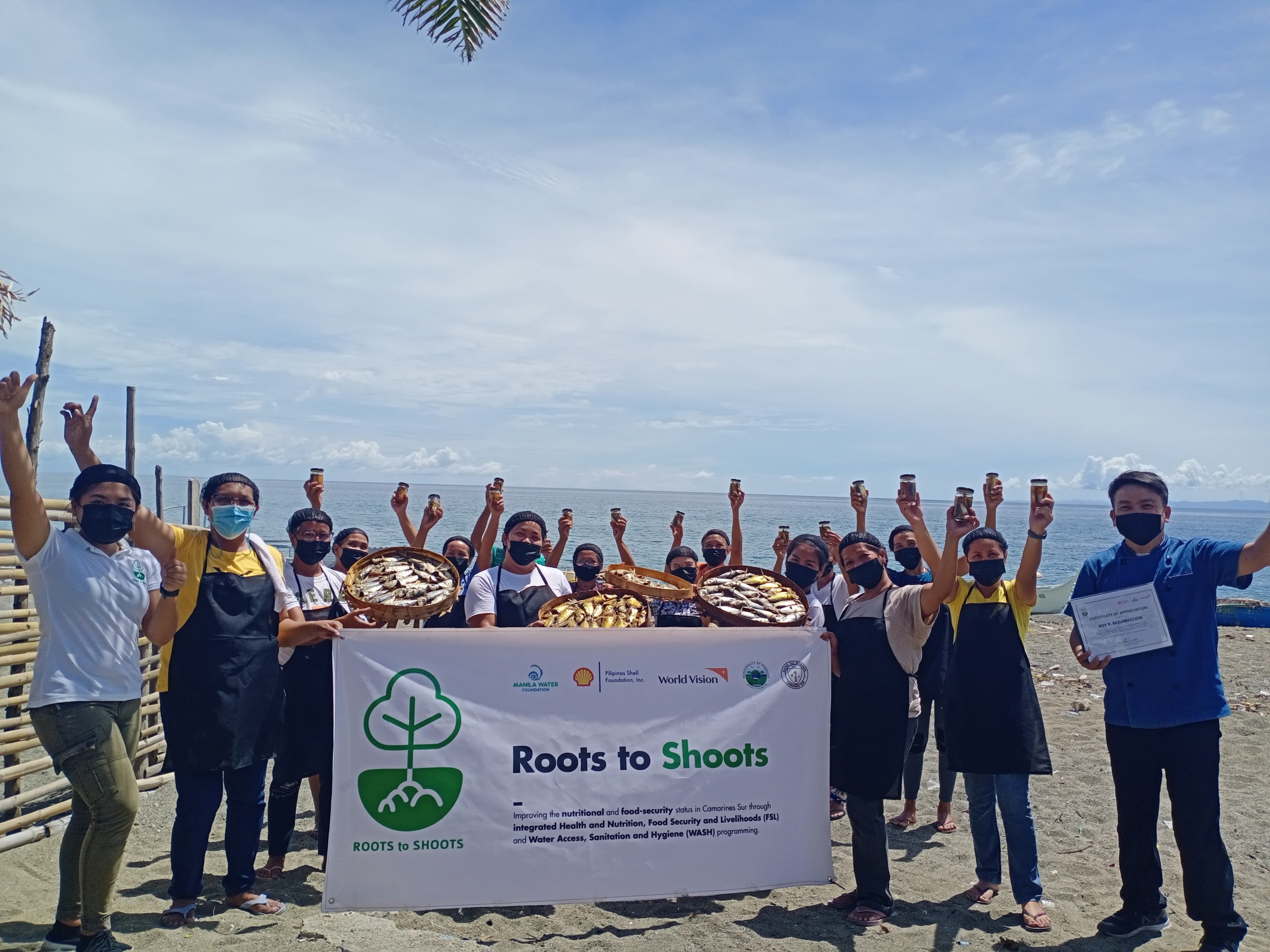
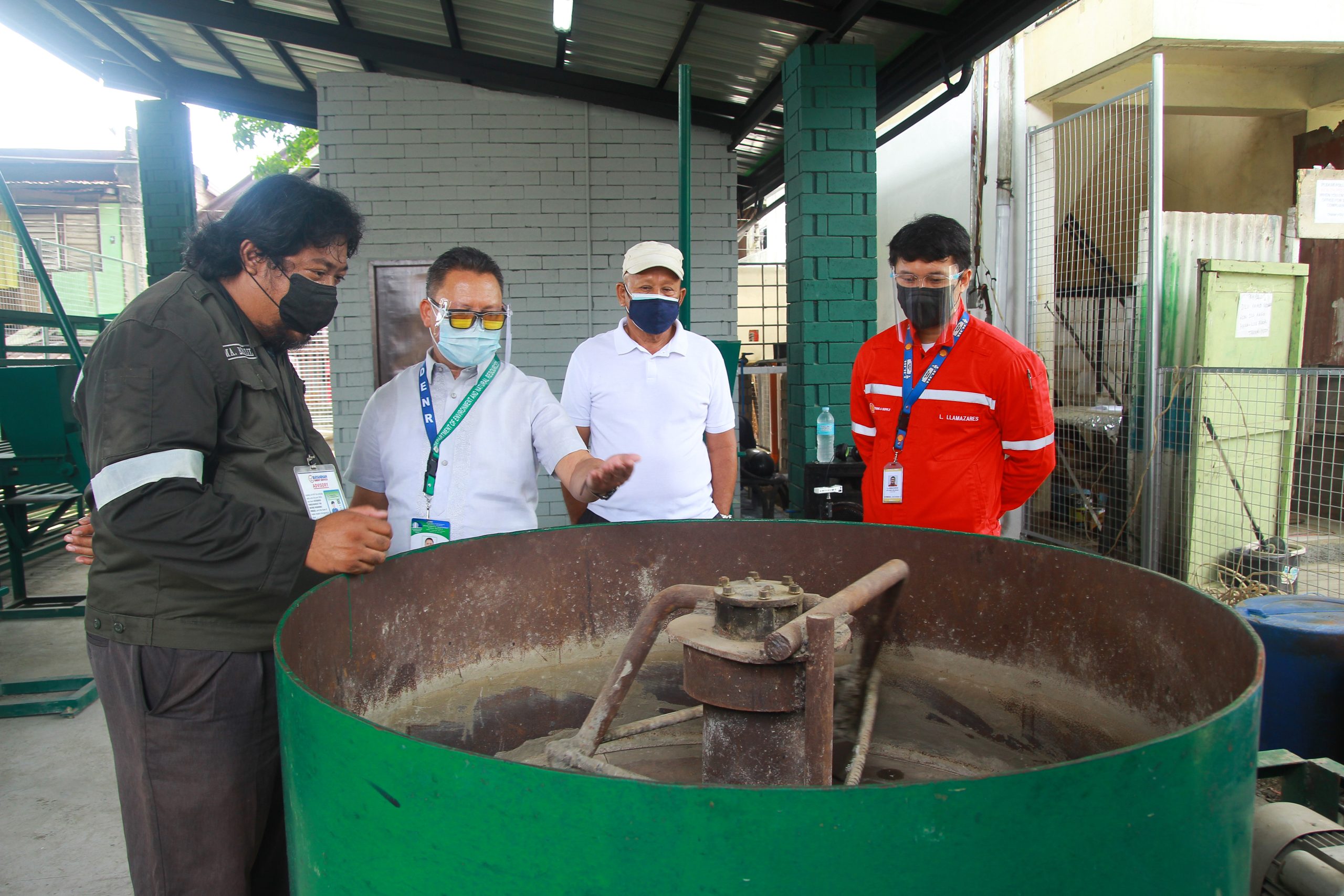
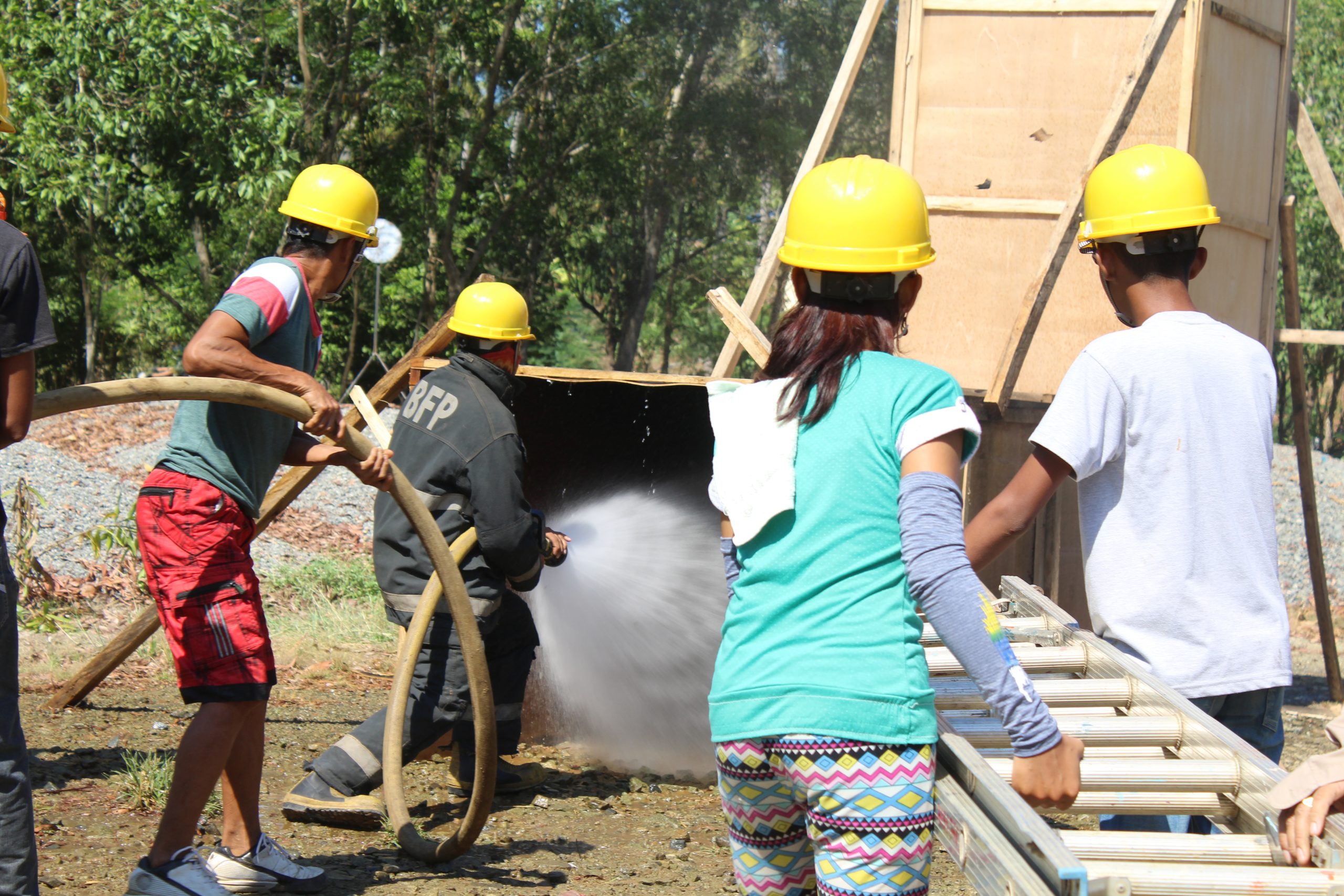
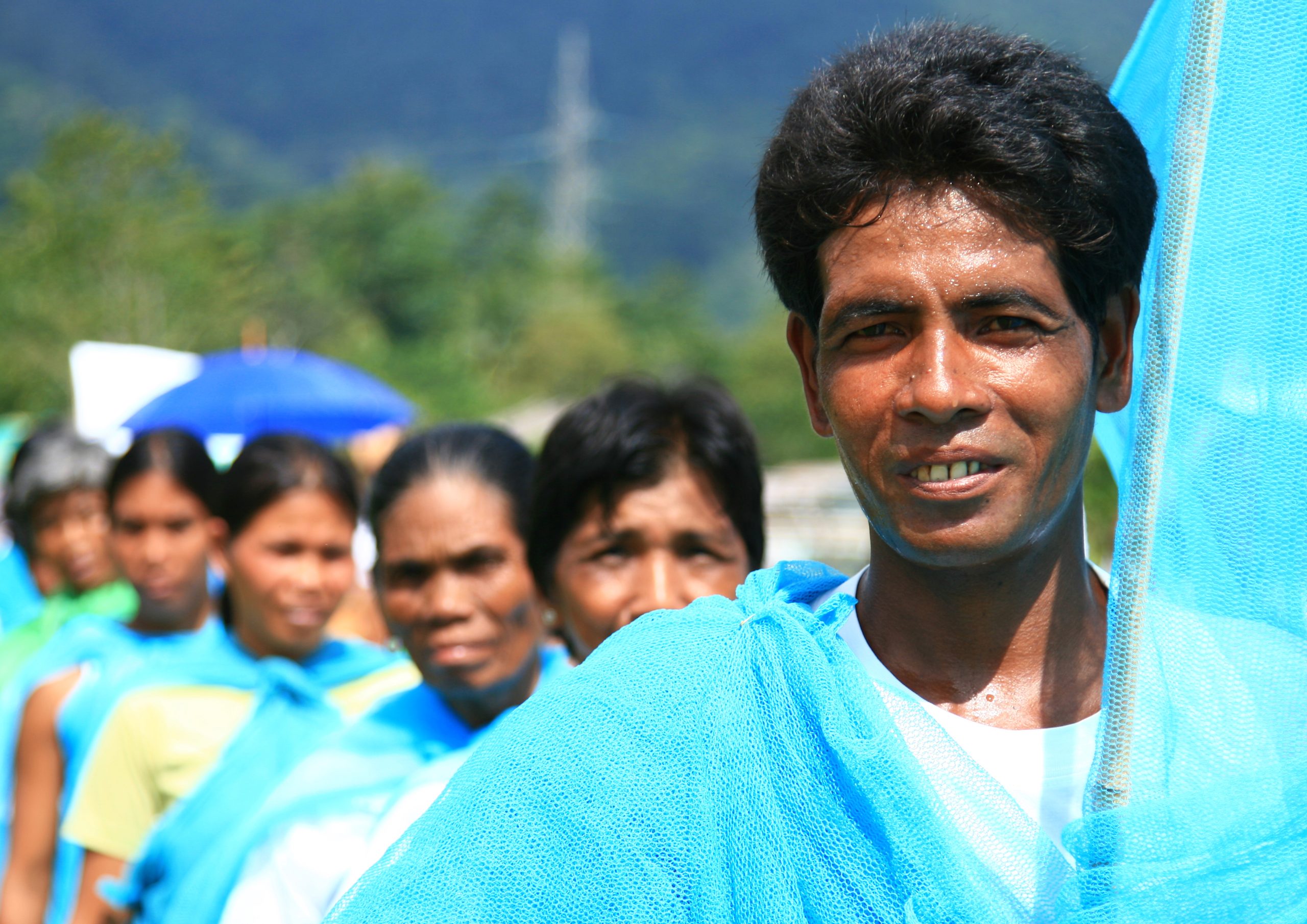
2012-2022
PSFI continued and expanded its programs to respond to the country’s needs and strengthened its vision through institutionalizing its six areas of focus.
- Expansion of MAM to cover 11 regions. Received a total amount of $116M from GF to fund malaria eradication.
- 2013: Shell-PhilDev Scholarship program started
- 2015: SINAG, the Access to Energy (A2E) project, was started
- 2019: Shell NXplorers was launched
- 2020: Launch of Roots to Shoots (RTS) and Shell LiveWIRE program
- 2021: Implementation of HIV PROTECTS began
4 DECADES OF EMPOWERING FILIPINOS
![-[82-91] 40th Hybrid - BB Blowup Photos 5SAKA](https://pilipinasshellfoundation.org/wp-content/uploads/2023/07/82-91-40th-Hybrid-BB-Blowup-Photos-5SAKA-scaled.jpg)
![-[82-91] 40th Hybrid - BB Blowup Photos 3SKIL](https://pilipinasshellfoundation.org/wp-content/uploads/2023/07/82-91-40th-Hybrid-BB-Blowup-Photos-3SKIL-scaled.jpg)
![-[82-91] 40th Hybrid - BB Blowup Photos 14LIKHA](https://pilipinasshellfoundation.org/wp-content/uploads/2023/07/82-91-40th-Hybrid-BB-Blowup-Photos-14LIKHA-scaled.jpg)
![-[82-91] 40th Hybrid - BB Blowup Photos 7PAC](https://pilipinasshellfoundation.org/wp-content/uploads/2023/07/82-91-40th-Hybrid-BB-Blowup-Photos-7PAC-scaled.jpg)
![-[82-91] 40th Hybrid - BB Blowup Photos 9ANNIV](https://pilipinasshellfoundation.org/wp-content/uploads/2023/07/82-91-40th-Hybrid-BB-Blowup-Photos-9ANNIV-scaled.jpg)
![-[82-91] 40th Hybrid - BB Blowup Photos 12NEGROS](https://pilipinasshellfoundation.org/wp-content/uploads/2023/07/82-91-40th-Hybrid-BB-Blowup-Photos-12NEGROS-scaled.jpg)
![-[82-91] 40th Hybrid - BB Other Photos 2CAB](https://pilipinasshellfoundation.org/wp-content/uploads/2023/07/82-91-40th-Hybrid-BB-Other-Photos-2CAB-scaled.jpg)
![-[82-91] 40th Hybrid - BB Other Photos 21OJS](https://pilipinasshellfoundation.org/wp-content/uploads/2023/07/82-91-40th-Hybrid-BB-Other-Photos-21OJS-scaled.jpg)
![-[82-91] 40th Hybrid - BB Other Photos 30MALITAM](https://pilipinasshellfoundation.org/wp-content/uploads/2023/07/82-91-40th-Hybrid-BB-Other-Photos-30MALITAM.jpg)
1992-2002
PSFI continued its pioneer proiects such as SKIL, and SAKA, adding other programs which responded to issues of the period. PSFI developed individuals with the right work ethic to help power the economy, then transitioned to providing even more sustainable livelihoods and responding to social issues on health, safety, environment, employment and income
generation, and education.
- 1991: PSFI responded to lahar victims of the Mt. Pinatubo eruption through Sanayan Pangindustriyal at Kabuhayan Angkap sa Pinatubo.
- 1994: Sanayan sa Kakayahang Pangangalakal (SKP), an entrepreneurial skills training program, was established to promote self-employment among community members by gaining skills and knowledge on starting, managing, and sustaining enter rises.
- 1999: Kilusan Ligtas Malaria (KLM) was launched in Palawan to address the widespread misconceptions about Malaria and the lack of essential healthcare services in the province.
- 1999: Suporta sa Buhay (SUHAY), a microfinance program aimed at assisting community micro-entrepreneurs in augmenting their capital needs for their businesses, was established.










2012-2022
- Expansion of MAM to cover 1 1 regions. Received a total amount of $1 16M from GF to fund malaria eradication.
- 2013: Shell-PhilDev Scholarship program started
- 2015: SINAG, the Access to Energy (A2E) project, was started
- 2019: Shell NXplorers was launch
- 2020: Launch of Roots to Shoots (RTS) and Shell LiveWlRE program
- 2021 : Implementation of HIV PROTECTS began




1982-1991
PSFI undertook the development of five (5) programs together with the industrial and business sectors.
- Sanayan sa Kakayahang Industriyal (SKIL) – focused on training out-of-school youth
- Sanayan sa Kakayahang Agrikultura (SAKA) – agriculture-focused endeavor
- Shell Training Farm (STF) – teaching of innovative sustainable farming technologies
- Outstanding Junior Scientist (OJS) – youth development in science
- Integrated Farming Systems (now Integrated Farming Bio-systems or IFBS)
![-[92-01] 40th Hybrid - BB Standard Photos 7SAKA](https://pilipinasshellfoundation.org/wp-content/uploads/2023/07/92-01-40th-Hybrid-BB-Standard-Photos-7SAKA.jpg)
![-[82-91] 40th Hybrid - BB Other Photos 19LIKHA](https://pilipinasshellfoundation.org/wp-content/uploads/2023/07/82-91-40th-Hybrid-BB-Other-Photos-19LIKHA-scaled.jpg)
![-[92-01] 40th Hybrid - BB Blowup Photos 8OSCAR](https://pilipinasshellfoundation.org/wp-content/uploads/2023/07/92-01-40th-Hybrid-BB-Blowup-Photos-8OSCAR-scaled.jpg)
![-[92-01] 40th Hybrid - BB Blowup Photos 11SIPAG](https://pilipinasshellfoundation.org/wp-content/uploads/2023/07/92-01-40th-Hybrid-BB-Blowup-Photos-11SIPAG-scaled.jpg)
![-[92-01] 40th Hybrid - BB Blowup Photos 13STF](https://pilipinasshellfoundation.org/wp-content/uploads/2023/07/92-01-40th-Hybrid-BB-Blowup-Photos-13STF-scaled.jpg)
![-[92-01] 40th Hybrid - BB Blowup Photos 15OJS](https://pilipinasshellfoundation.org/wp-content/uploads/2023/07/92-01-40th-Hybrid-BB-Blowup-Photos-15OJS-scaled.jpg)
![-[92-01] 40th Hybrid - BB Standard Photos 1IFBS](https://pilipinasshellfoundation.org/wp-content/uploads/2023/07/92-01-40th-Hybrid-BB-Standard-Photos-1IFBS.jpg)
![-[92-01] 40th Hybrid - BB Standard Photos 10ANNIV](https://pilipinasshellfoundation.org/wp-content/uploads/2023/07/92-01-40th-Hybrid-BB-Standard-Photos-10ANNIV.jpg)
![-[92-01] 40th Hybrid - BB Standard Photos 11PUNLAAN](https://pilipinasshellfoundation.org/wp-content/uploads/2023/07/92-01-40th-Hybrid-BB-Standard-Photos-11PUNLAAN.jpg)
![-[92-01] 40th Hybrid - BB Standard Photos 12PUNLAAN](https://pilipinasshellfoundation.org/wp-content/uploads/2023/07/92-01-40th-Hybrid-BB-Standard-Photos-12PUNLAAN.jpg)
2002-2011
Continuing to play an active role in nation-building under Shell companies of the Philippines (SciP), PSFI expanded with partners such as Malampaya Joint Venture Partners, Quezon Power Limited, and Mirant Philippines Foundation.
- 2006: KLM evolved to become the Movement Against Malaria (MAM) after being awarded a US$14.3M grant from the Global Fund.
- 2007: Gas Mo, Bukas Ko, a capacity building and skills training program for Shell retail personnel, was launched.










